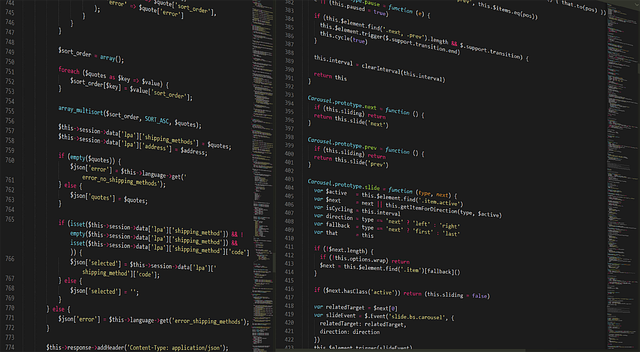Navigating the Emotional and Practical Aspects of Funeral Planning
Planning a funeral is a deeply personal and often emotionally challenging experience. Whether you're making arrangements for a loved one or considering pre-planning for yourself, understanding the various aspects of funeral services can help ease the process during a difficult time. This article explores the key elements of funeral planning, from choosing the type of service to managing costs and legal considerations.

How do you choose a funeral home?
Selecting the right funeral home is crucial for ensuring a smooth and respectful process. Begin by researching local funeral homes and reading reviews from previous clients. Consider visiting multiple funeral homes to compare their services, facilities, and overall atmosphere. Ask about their range of offerings, from traditional burials to cremation services, and inquire about their pricing structure. It’s important to feel comfortable with the funeral director and staff, as they will be guiding you through this sensitive time. Don’t hesitate to ask questions about their experience, certifications, and how they can accommodate any specific cultural or religious requirements you may have.
What are the legal requirements for funerals?
Legal requirements for funerals vary by location but generally include obtaining a death certificate and proper permits for burial or cremation. In most cases, a funeral director can help navigate these requirements. Some jurisdictions may have specific rules regarding the timeframe for disposition of the body, embalming requirements, and where burials can take place. If you’re considering a home funeral or green burial, be sure to research the specific regulations in your area, as these options may have additional legal considerations.
How can you personalize a funeral service?
Personalizing a funeral service can create a meaningful tribute that truly reflects the life and personality of the deceased. Consider incorporating the person’s favorite music, readings, or poems into the service. Display photos or mementos that showcase their interests, accomplishments, or cherished memories. Some families opt for themed services that highlight a particular passion, such as nature, sports, or art. Encouraging friends and family to share stories and memories during the service can also add a personal touch. Remember, there’s no right or wrong way to personalize a funeral – the key is to create a service that feels authentic and comforting to those in attendance.
What are the costs associated with funeral services?
Funeral costs can vary widely depending on the type of service, location, and specific choices made. Common expenses include fees for the funeral home’s basic services, transportation of the deceased, casket or urn, embalming or other preparation of the body, use of facilities for viewing and ceremony, and burial plot or cremation fees. Additional costs may include flowers, obituaries, memorial cards, and catering for a post-service gathering.
| Service | Average Cost Range |
|---|---|
| Basic Funeral Home Services | $2,000 - $5,000 |
| Casket | $2,000 - $10,000+ |
| Embalming | $500 - $1,000 |
| Cremation | $1,000 - $3,000 |
| Burial Plot | $1,000 - $4,000 |
| Headstone/Monument | $1,000 - $5,000+ |
Prices, rates, or cost estimates mentioned in this article are based on the latest available information but may change over time. Independent research is advised before making financial decisions.
How can you manage funeral costs effectively?
Managing funeral costs requires careful planning and consideration of various options. Start by setting a realistic budget and prioritizing the elements that are most important to you and your family. Consider cost-saving alternatives such as cremation, which is often less expensive than traditional burial. Opting for a simple casket or urn can significantly reduce expenses. Some families choose to hold the viewing at home or a community center rather than a funeral home to cut costs. Compare prices from multiple funeral homes and be clear about your budget constraints. Remember that funeral homes are required by law to provide an itemized price list, which can help you make informed decisions. Additionally, consider pre-planning and pre-paying for funeral arrangements, which can lock in current prices and potentially save money in the long run.
Planning a funeral is a complex process that involves balancing emotional needs with practical considerations. By understanding the various aspects of funeral services, from types of ceremonies to legal requirements and cost management, you can navigate this challenging time with greater confidence and create a meaningful tribute to your loved one. Remember that there is no one-size-fits-all approach to funerals – the most important thing is to honor the deceased in a way that brings comfort and closure to those left behind.




